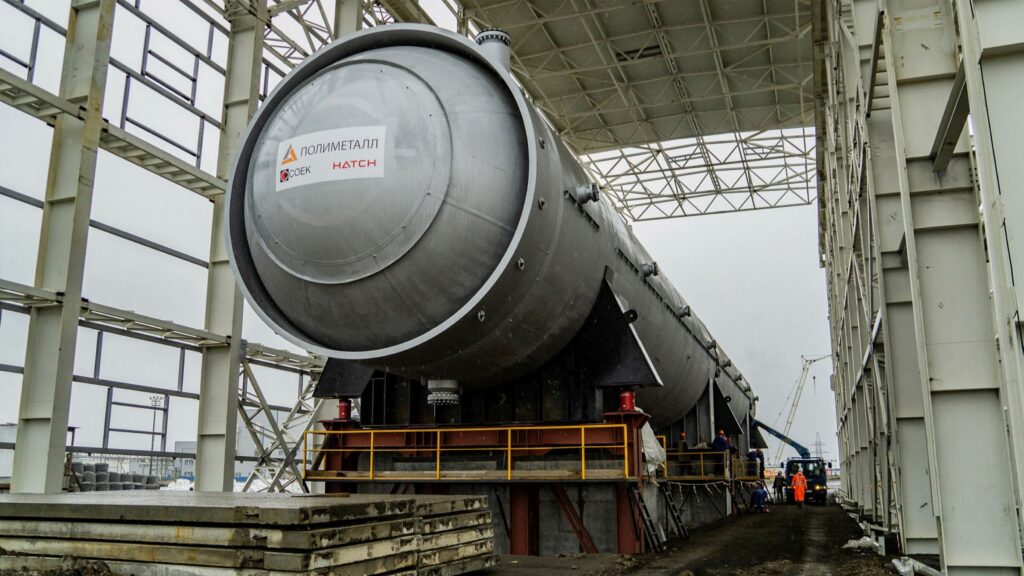Polymetal bets on Russia carbon tax


Polymetal is betting that Moscow will introduce a carbon tax as the London-listed Russian gold miner pushes to reduce its emissions.
The FTSE 100 group plans to invest $850m on a programme to cut emissions 30 per cent against 2019 levels by 2030.
Vitaly Nesis, chief executive, told the Financial Times he was “firmly convinced that Russia has fully woken up to carbon reduction policy”, adding that Kazakhstan, where Polymetal also has operations, was “not far behind”.
“The writing is on the wall regarding the carbon tax,” he said. “Whereas Russia ignored the topic for a while and wanted to limit its response to cosmetic measures, I now feel this agenda is taken seriously and there will be concrete actions.”
Russia, the world’s fifth-largest carbon emitter, has been slower than many other industrialised economies in introducing measures to combat climate change.
Moscow has been criticised for lacking climate ambition, with its goals under the 2015 Paris climate agreement allowing it to keep raising its emissions until 2030.
While China, the US and the EU have committed to net zero emissions, Moscow is only now working on legislation to standardise greenhouse emissions tracking.
However, President Vladimir Putin has made a series of public comments in recent weeks on Russia’s need to curb carbon emissions and ensure its industry adapts.
Nesis said that for the government, a carbon tax would be a “wonderful way to increase revenue”, although he said any levy would be “hard to criticise because it is the right tax, and the state will be moving in this direction”.
The company is ahead of both the government and other businesses in Russia, where export-orientated companies have so far been mostly focused on the risks of an EU carbon border tax.
Most of the investment announced last month will go to developing its own solar and wind plants to power its operations, electrifying its diesel-powered fleet of mining vehicles and switching remote operations from their own diesel-fuelled power to the grid.
Nesis said the investment was justified because electrification would bring large savings in the future, and that a carbon tax was the right move in the long run.
“It won’t be a hit — it will be a stimulus,” he said. “Yes, there will be some immediate pain but it will stimulate investment in clean production and later translate into greater wellbeing. Not to mention the prevention of a global climate catastrophe.”
Polymetal has won plaudits from investors for its approach to ESG. Nesis, who has run the company for a decade, criticised Polymetal’s global peers for a lack of detail in climate targets that stretched far into the future.
“They give one digit by a certain year and a laundry list of solutions. So it is hard to estimate how realistic, capital-intensive and sincere the set goals are,” he said. “The CEO tenure cycle in mining companies is shorter on average than the target horizon. They can promise something and retire in five years.”
He added that many miners’ sustainability promises were made not so much to raise the share price but to prevent it from plummeting.
“It isn’t offence, it is defence,” he said. “It is very difficult as a mining company to attract someone with one’s credentials. Most important is not to get on the black list.”